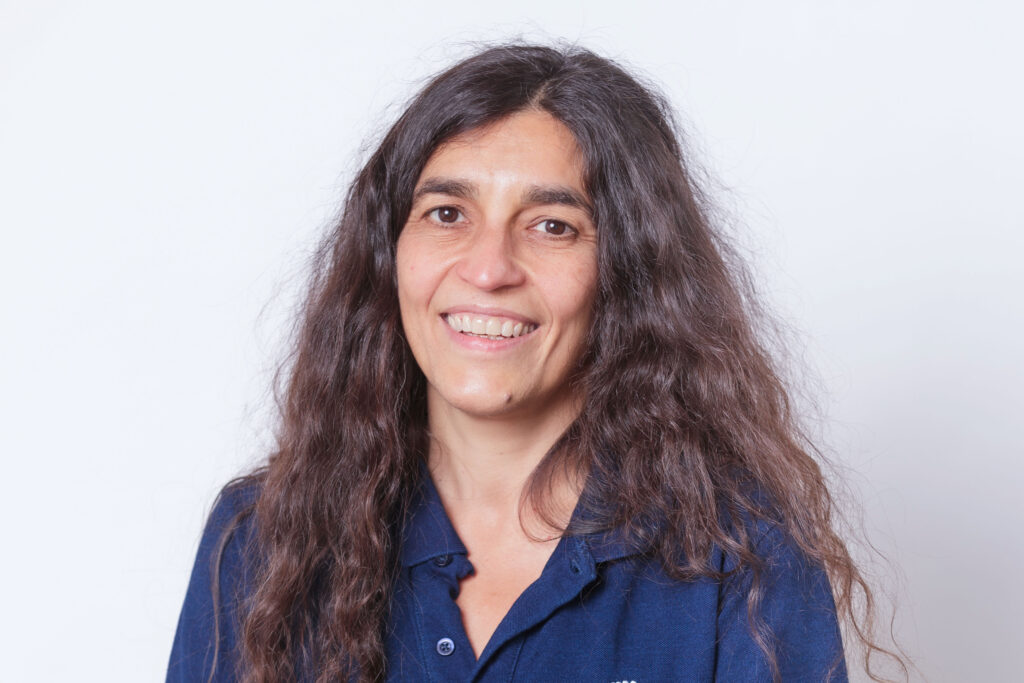The brainers

Laurence Honnorat – CEO
After training in the physical sciences, management and communication, followed by fifteen years’ experience in industry, Laurence Honnorat was appointed President of Innovaxiom, founded in 2007. Innovaxiom, a strategy consulting company, builds and implements science-based projects. Laurence Honnorat was also behind the creation of Boston-based Innovaxiom Corp in 2012. She is also co-founder of the Out Of Atmosphere Foundation in support of space exploration. In 2016, Laurence created Weneedyourbrain.com, a network of scientific speakers, and in 2017 Icedmoment.com, an online exhibition of photographic collections. In 2018, she launched TimeWorldEvent.com, world science congresses, and in 2020, the public interest association Ideasinscience.org, echoing the eponymous YouTube channel created in 2011, of which she is the producer. Laurence Honnorat works as a strategy consultant, notably in industry, on issues related to anticipation, and in higher education, where she addresses the themes of idea emergence, communication and project management. In 2019, she received the Alexandre Ananoff prize from the Société Astronomique de France for her work in promoting space culture. In 2023, she launches a new brand, les déjeuners du jamais dit.
This brainer takes part in round-table discussions, offers improvisation sessions and the following solo talks:
The emergence of ideas
A strategy cannot be built without the backdrop of creative thinking. The state of immediacy to which our exchanges are subjected generates a kind of devaluation of ideas. There is a semantic shift in the term “knowledge”. Knowledge is reduced to “knowing how to find what you need quickly”. In the same way, an idea is expected to be profitable without delay. Yet a company's value is also, and above all, measured by its ability to anticipate trends, organize its knowledge and let people know that it knows. Without the emergence of ideas, innovation would be deprived of its source, and the company of its ability to surprise and develop sustainably. “Creating is a vital event that rises up like a protest for survival...”. Paul Rudi.
Social networks: monitoring, sharing, influencing
Edgar Morin wonders how to access information about the world and how to acquire the ability to articulate and organize it. How can we perceive and conceive the context, the global, the multidimensional, the complex? This conference examines these prerequisites and looks at Internet users, both as consumers and as producers of content. How can we target expert communities, anticipate trends, spot influencers and intervene in real time? And finally, how do you set up effective community management?
Why do you get up in the morning?
Is there a more ancestral routine than getting up in the morning? Each at our own time, from one point on Earth or another, we perform this movement, which is both daily and universal. It's almost like a bodily ritual, a shared reflex to begin what life offers us all: a new day. But after this natural impulse, why do we get up in the morning? Without an answer to this question, history is written without a part of us, ignoring the great joys of which we could have been the author. Henry Ford told us that “the two most important things do not appear on a company's balance sheet: its reputation and its people”. This conference looks at the resources carried by employees and the mark they leave on the company. In particular, it looks at Knowledge Management and e-Reputation.
Digital identity and personal branding
Identity theft in any form is a criminal offence - including on the web. Fortunately, without going so far as to steal someone else's profile, web users create and develop their own identity. The social networking ecosystem is changing the way words are used, creating a wide range of expressive media and increasing the number of information channels. What are the components of a digital portrait? How can we build a personal branding strategy and measure its impact?
The art of oral communication
"Once, I took someone into my imagination. He went further than I did, and I came back alone! Raymond Devos - Communicating is an art, but not the only one. Beyond know-how and interpersonal skills, listening and interaction, there are at least three objectives to be achieved: to make progress, to make progress and to surprise. A successful presentation lasts, extends well beyond the speaking time, inspires listeners and opens up new avenues of thought.